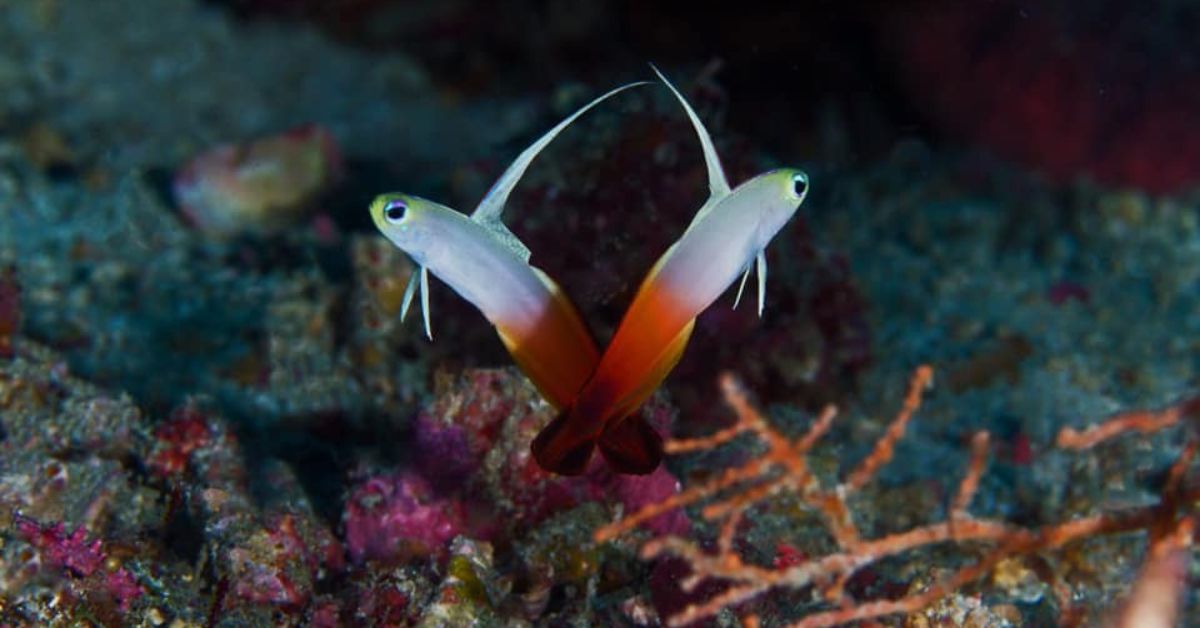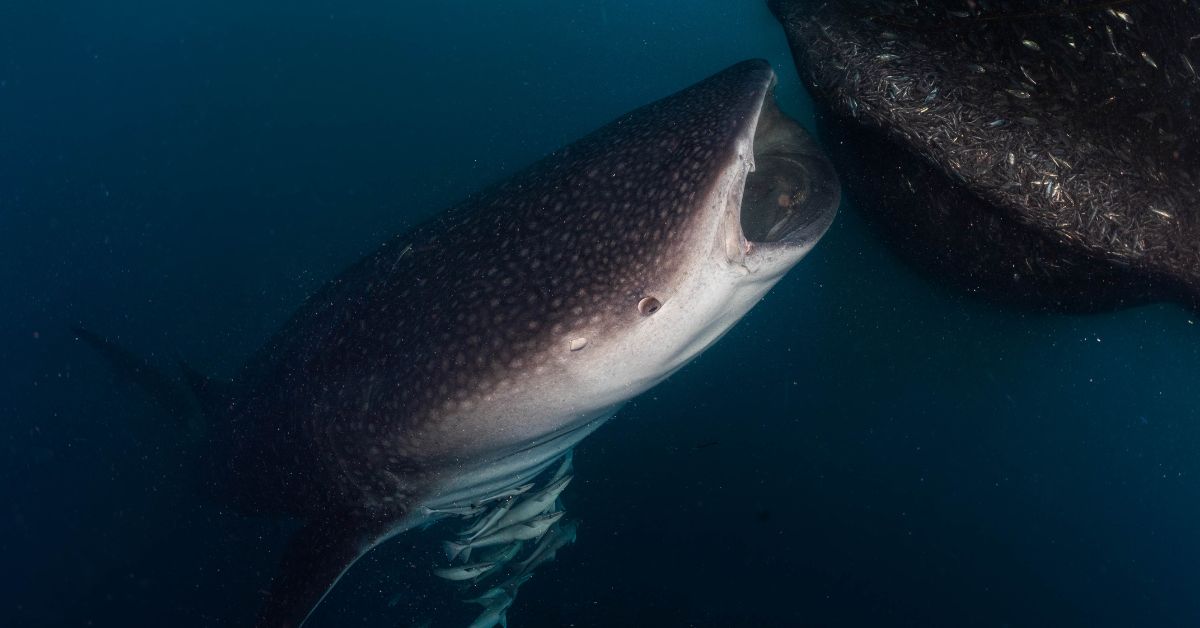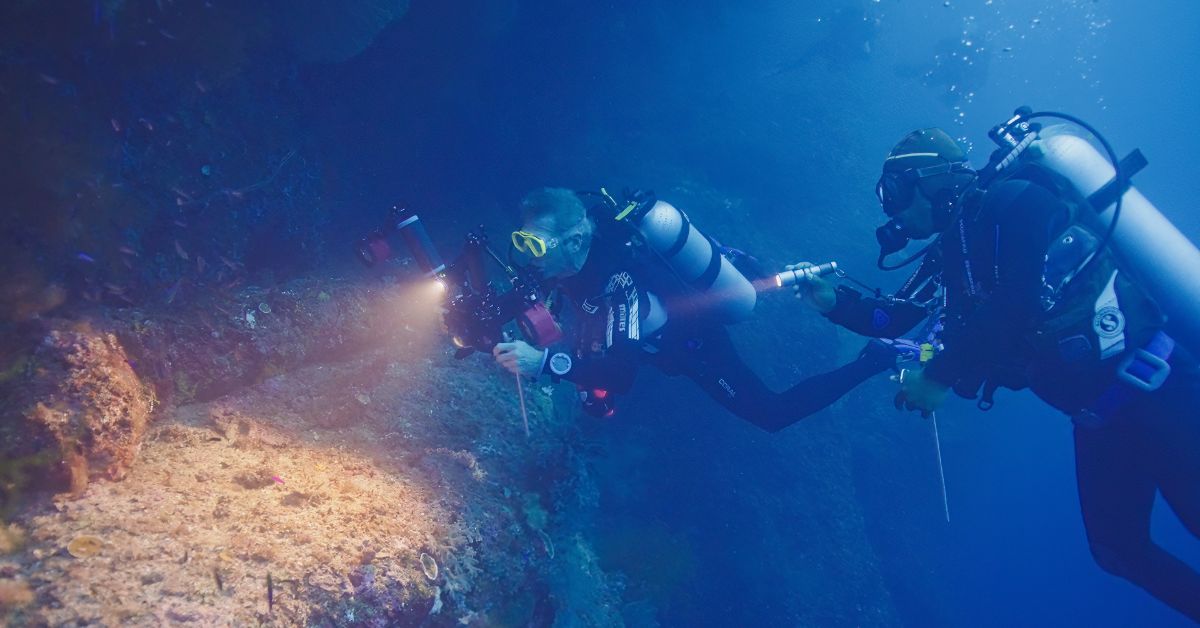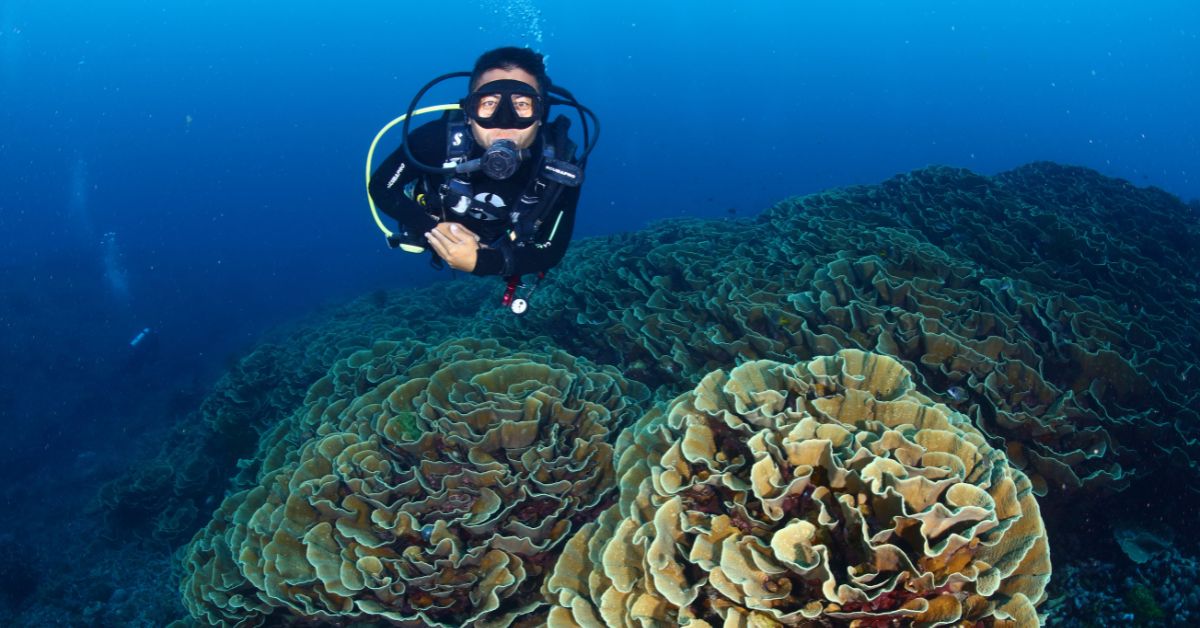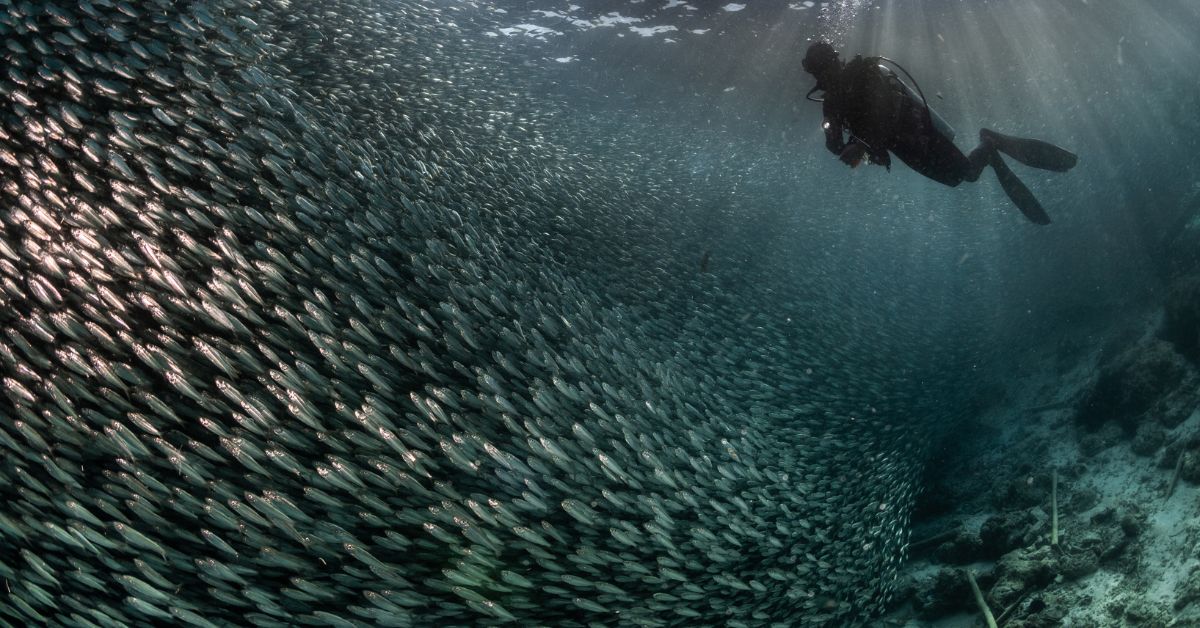Scuba diving is a fascinating and adventurous activity that attracts people of all ages. As with any hobby, numerous misunderstandings about scuba diving come about due to a lack of knowledge or misinformation. This guide reveals the truth behind some common myths and misconceptions about scuba diving.
Myth 1: Snorkeling Is the Same as Scuba Diving
It can be easy to assume that snorkeling and scuba diving are essentially the same activity since both involve exploring the ocean. However, the two are quite different. Snorkeling involves floating on the water’s surface and relying on your snorkel to breathe.
On the other hand, scuba divers go deeper under the water and wear a tank of compressed air. This tank allows them to stay submerged for longer and explore the underwater world more deeply.
Pro Tip
Scuba diving also differs from deep-sea diving for numerous reasons. In deep sea diving, you go over 100 meters underwater, while scuba divers usually have a limit of 40 meters.
Myth 2: You Have To Be in Top Shape
Another common myth and misconception about scuba diving is that only those in peak physical condition can be excellent swimmers. Although physical fitness is beneficial, being in top shape isn’t necessarily a prerequisite to diving. Generally, you can enjoy scuba diving if you have a basic fitness level and know how to swim.
During training, instructors assess each student’s fitness level to ensure they can handle the physical demands of diving. Light exercise and regular swimming can improve stamina and comfort underwater.
Moreover, individuals new to scuba diving begin with shorter dives. Diving for shorter periods at first lets new divers get comfortable with the equipment and surroundings before attempting longer, more challenging dives.
Pro Tip
Ask your doctor if you’re unsure whether you’re healthy enough to dive. Most scuba diving courses have detailed questionnaires you can bring to your appointment to discuss with your physician.
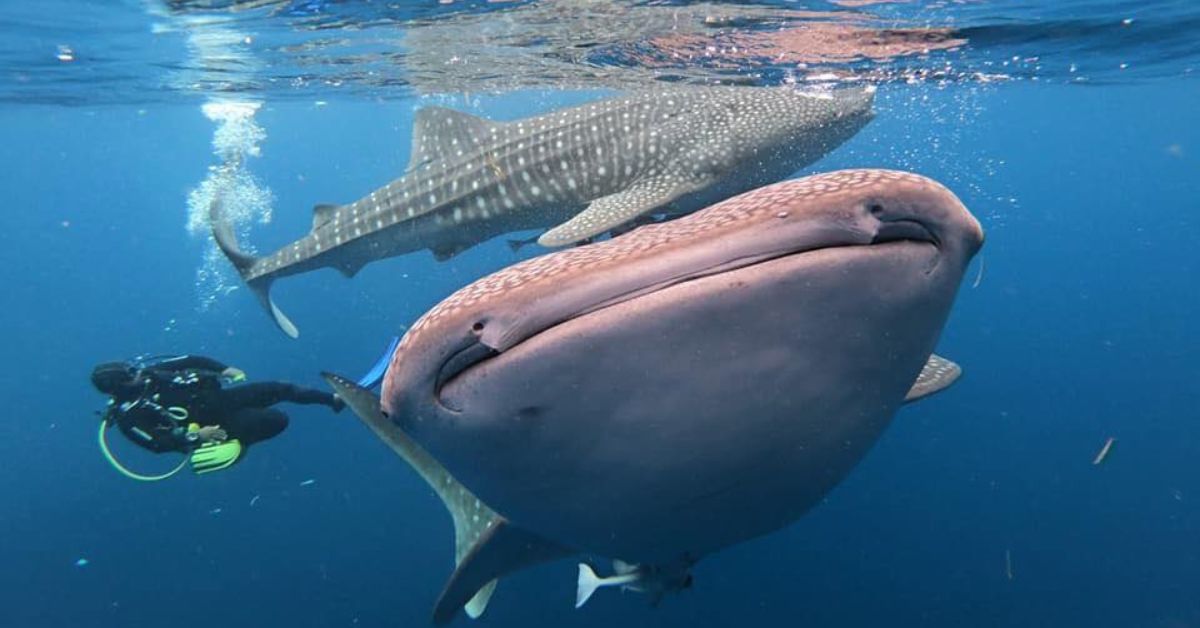
Myth 3: Learning To Dive Is Hard
Picking up any skill takes time, and scuba diving is no exception. While it can be challenging, scuba diving courses are widely accessible and designed to help beginners learn at an appropriate pace.
Instructors teach students how to dive using a step-by-step approach to ensure safety and understanding. They also provide all the necessary equipment and teach proper techniques.
Pro Tip
Many of us who assume diving is hard to learn may also think getting certified takes months or years. However, receiving a PADI scuba diving certification can take as little as four days.
Myth 4: Scuba Diving Is Dangerous
The ocean is a vast and unpredictable environment, so it’s natural to have concerns about one’s safety. However, with proper training and following proper protocols, scuba diving is usually a very safe activity.
Modern scuba equipment further ensures your safety as you explore underwater landscapes. Regulators, buoyancy control devices, and other gear undergo rigorous testing to meet safety standards. Additionally, diving classes teach you how to use your gear so that you feel comfortable and safe underwater.
What About Sharks?
As you explore underwater landscapes, you may worry about encountering predators such as sharks. While an encounter is possible, shark attacks are incredibly rare. Most species of sharks are not interested in humans and often avoid them. Divers who come across sharks usually find them graceful and uninterested in interaction.
Instructors teach divers to stay calm and still if they encounter a shark; panicking or swimming away can drive the animal’s prey instinct.
Myth 5: Diving Deep Is Best
Many individuals who take up scuba diving are eager to dive deep and explore the mysteries of the ocean floor. While deeper dives offer unique experiences, shallower waters have beautiful sites. Many marine species thrive in these environments, providing divers with a rich tapestry of life to explore.
Deeper dives have their appeal but can also come with additional challenges. Increased pressure affects buoyancy and air consumption, requiring more advanced skills and planning. Due to this, it’s best to hold off on deeper dives until you have higher stamina and diving skills.
Myth 6: You Should Depend on Your Dive Buddy
You and your dive buddy are there to support one another. However, they are not solely responsible for your safety or vice versa. Ultimately, your well-being is your responsibility, as only you know what you feel comfortable with. That said, you should respect all guidelines laid out by your diving guide.
Remain vigilant of your surroundings and personal equipment to prevent accidents and enjoy a safe dive. Do not hesitate to communicate with your buddy or instructor and end the dive if you feel uncomfortable.
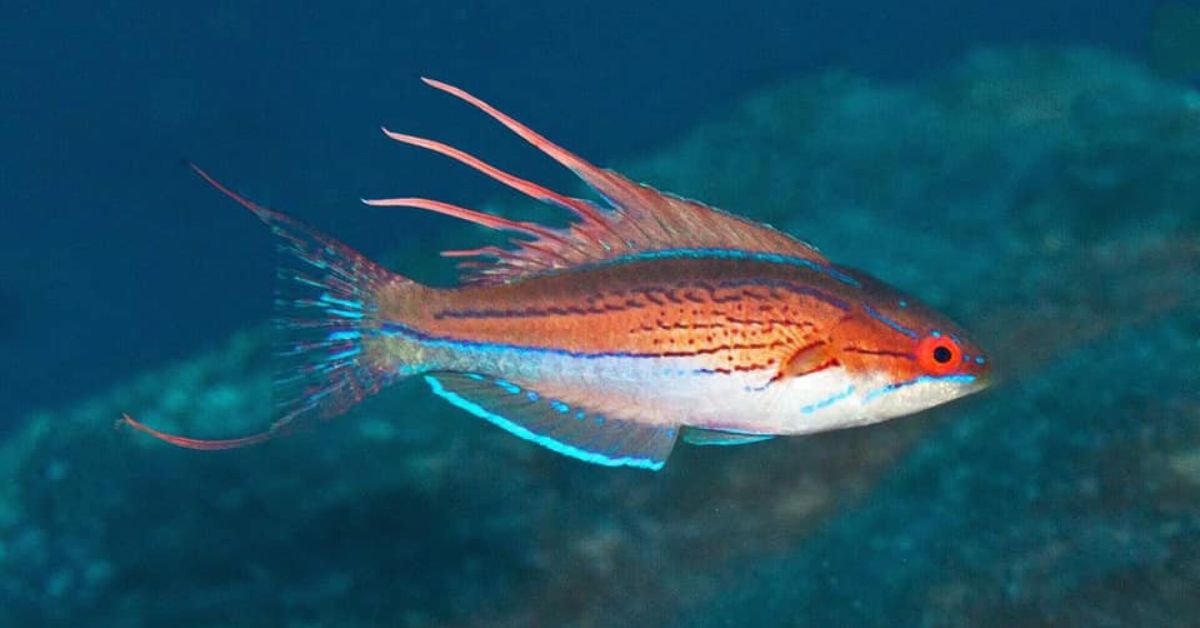
Myth 7: You Could Get Lost
Visiting underwater sites you’ve never been to before can be thrilling, but you may also worry about navigating the unfamiliar landscape. The thought of losing the group or getting too far from the diving liveaboard can be anxiety-inducing.
Your chances of getting lost during your exploration are slim to none. Instructors teach you navigation techniques so you can orient yourself underwater and return to the starting point. Likewise, you have a diving buddy to assist you if you become disoriented.
Myth 8: The Equipment Is Too Heavy
During a dive, you’ll have to wear a lot of equipment, including a BCD (buoyancy control device) tank, fins, mask, and more. While all this gear may be a bit heavy to carry around on land, it’s much easier once you’re in the water because of its physical properties. Your equipment will feel almost weightless underwater and won’t hinder your movement.
Myth 9: Every Dive Is the Same
Some people believe that you’ve seen it all once you’ve done a few dives. This misconception couldn’t be further from the truth, as each diving site offers unique landscapes, marine life, and experiences. While some regions of the world have vibrant coral reefs, others are home to mysterious shipwrecks waiting for you to explore.
Moreover, a single site can look different from one dive to the next as conditions such as visibility, currents, and tides constantly change. Therefore, you can still discover something new and exciting, even if you return to a familiar spot.
Plan Your Diving Adventure
Indonesia is one of the best destinations and home to some of the most unique dive sites on earth. Dewi Nusantara offers Ambon diving, where you can explore the wonders of Indonesia. Schedule the scuba diving adventure of a lifetime with Dewi Nusantara.


